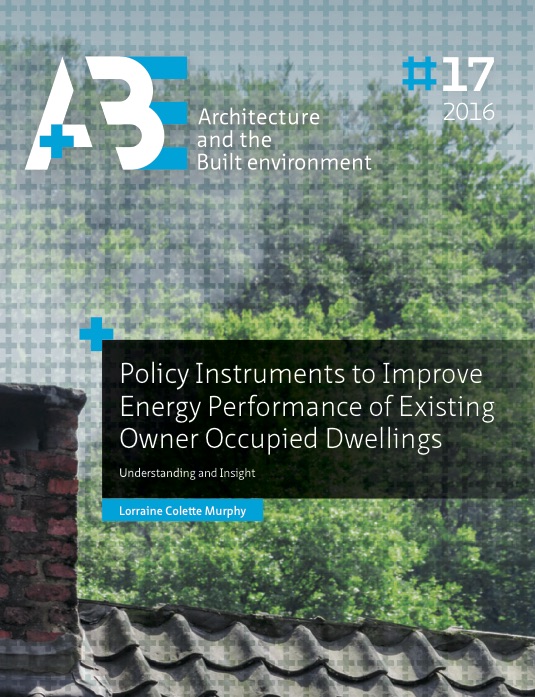The influence of the Energy Performance Certificate
The Dutch case
Keywords:
Energy Performance Certificate, EPC, dwellings, energy policyAbstract
All European Union Member States require an Energy Performance Certificate (EPC) when buildings are constructed, sold and rented. At its introduction the EPC was considered a pioneering instrument, one that would help overcome an information deficit hindering consumer interest in energy efficient dwellings. Now that the EPC has been implemented for several years it is possible to examine its impact. This research draws on data from ex-ante and ex-post assessments of the EPC in a number of countries and presents the results of a survey of Dutch private dwelling purchasers. This survey was based on two sample populations, one received an EPC during property transaction and another did not. Differences were sought between the two samples in a number of areas relating to the adoption of energy efficiency measures. Results show that many projections about the impact of the EPC have fallen short. The EPC was found to have a weak influence, especially pre-purchase. The potential of the EPC in driving energy efficiency improvement in the existing stock is doubted especially if it continues to act independent from a mix of instruments designed to tackle multiple barriers. It is argued that the energy saving potential of existing dwellings, applauded in climate change policy, will remain unexploited if it continues to be assessed subjectively by householders.


